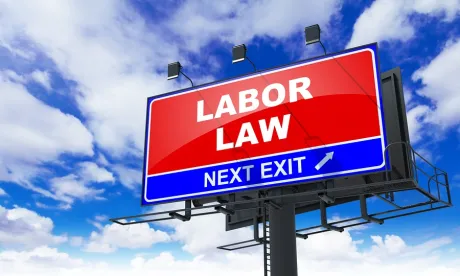Under certain conditions, a purported subcontractor of a general contractor (or higher tier subcontractor) may be found to be a “labor broker” — a supplier of workers — rather than a true subcontractor.
Consider the following hypothetical:
The general contractor on a federally funded construction project issued a subcontract to #1 Masons and another subcontract to “Rick’s Frame It.” The subcontracts have all the required federal funding contract flow-downs, including the Davis-Bacon Act (DBA) with the project Wage Determination. In addition, the general contractor requires the subcontractors to use W-2 employees only and ban the use of lower-tier subcontractors without prior approval.
The U.S. Department of Labor (DOL) audits the construction site, including the subcontractors. Rick’s Frame It cooperates in the investigation and produces time records and payroll showing checks to employees with correct wages and tax deductions. All of its workers appear on its certified payroll, and interviews with the employees substantiate they were paid for both straight time and overtime and that they were employed directly and supervised by Rick’s Frame It.
#1 Masons’ owner does not respond in the investigation. The general contractor learns that the subcontractor does not have a supervisor on site, but only a team lead. The team lead does not work for #1 Masons but has his own small company and has hired workers to work on the project under an agreement with your subcontractor. It also learns:
-
There were no flow-downs in the agreements between #1 Masons and the providers of the workers;
-
The workers were paid in cash with no record of what was actually paid to them or any tax deductions;
-
Not all of the workers appear on #1 Masons-certified payroll and those who do claim they had a different employer who paid them;
-
The workers were paid straight time for overtime and were underpaid for their job classifications; and
-
None of the labor suppliers kept time records for their workers.
In this hypothetical, #1 Masons may be a labor broker and DOL can hold the general contractor responsible not only for DBA violations, but can look to hold it as a joint employer for other wage violations.
In addition, state agencies, including Attorney General Offices and Unemployment and Workers Compensation agencies, have been targeting labor brokers and those that subcontract with them for misclassification of workers as independent contractors, wage theft for failure t pay wages and sick leave, and failure to pay employer taxes.
While a company can have the right requirements in it subcontracts, only careful vetting of the subcontractors and better oversight once the work commences will help protect the company from these unintended consequences.




 />i
/>i

